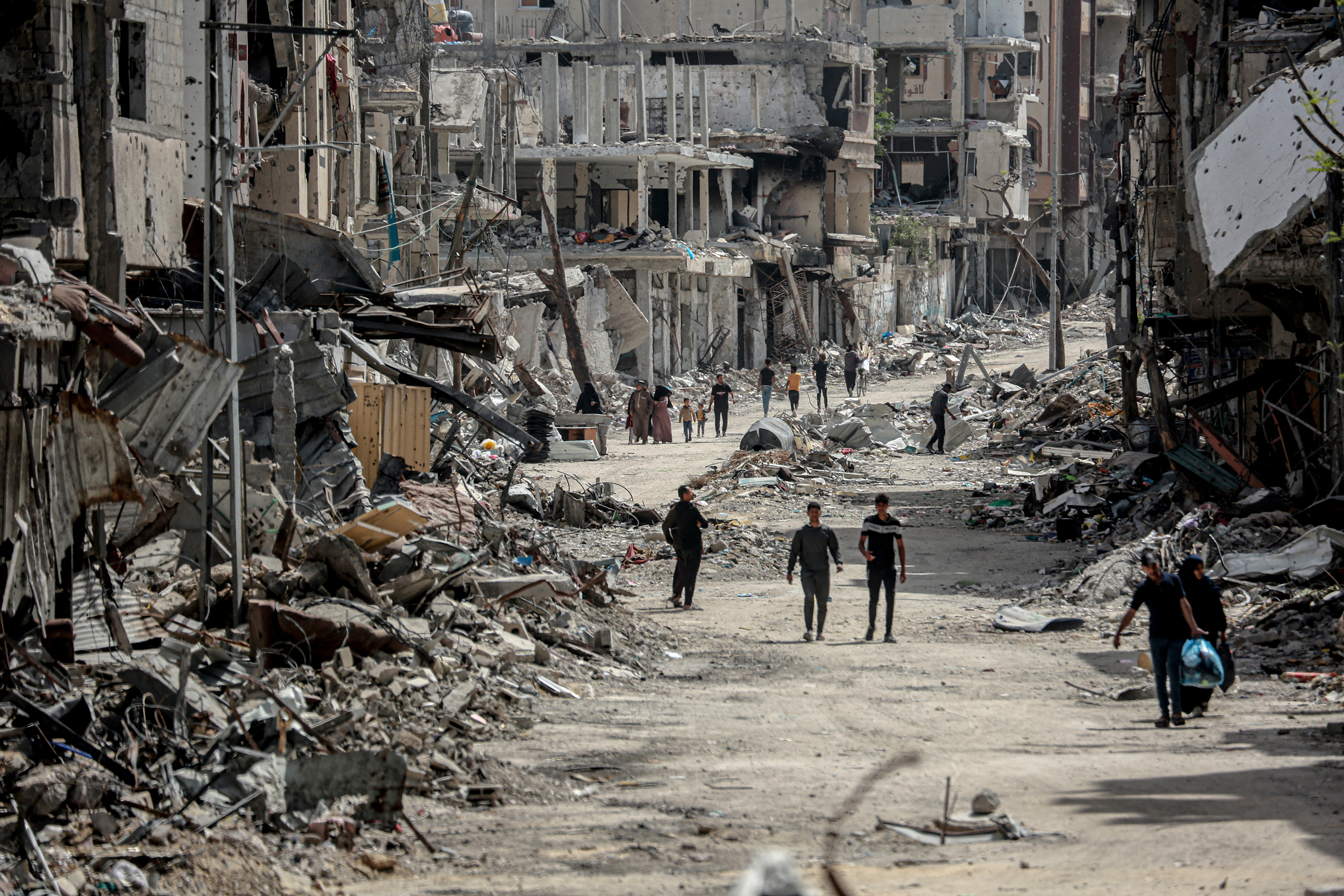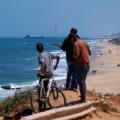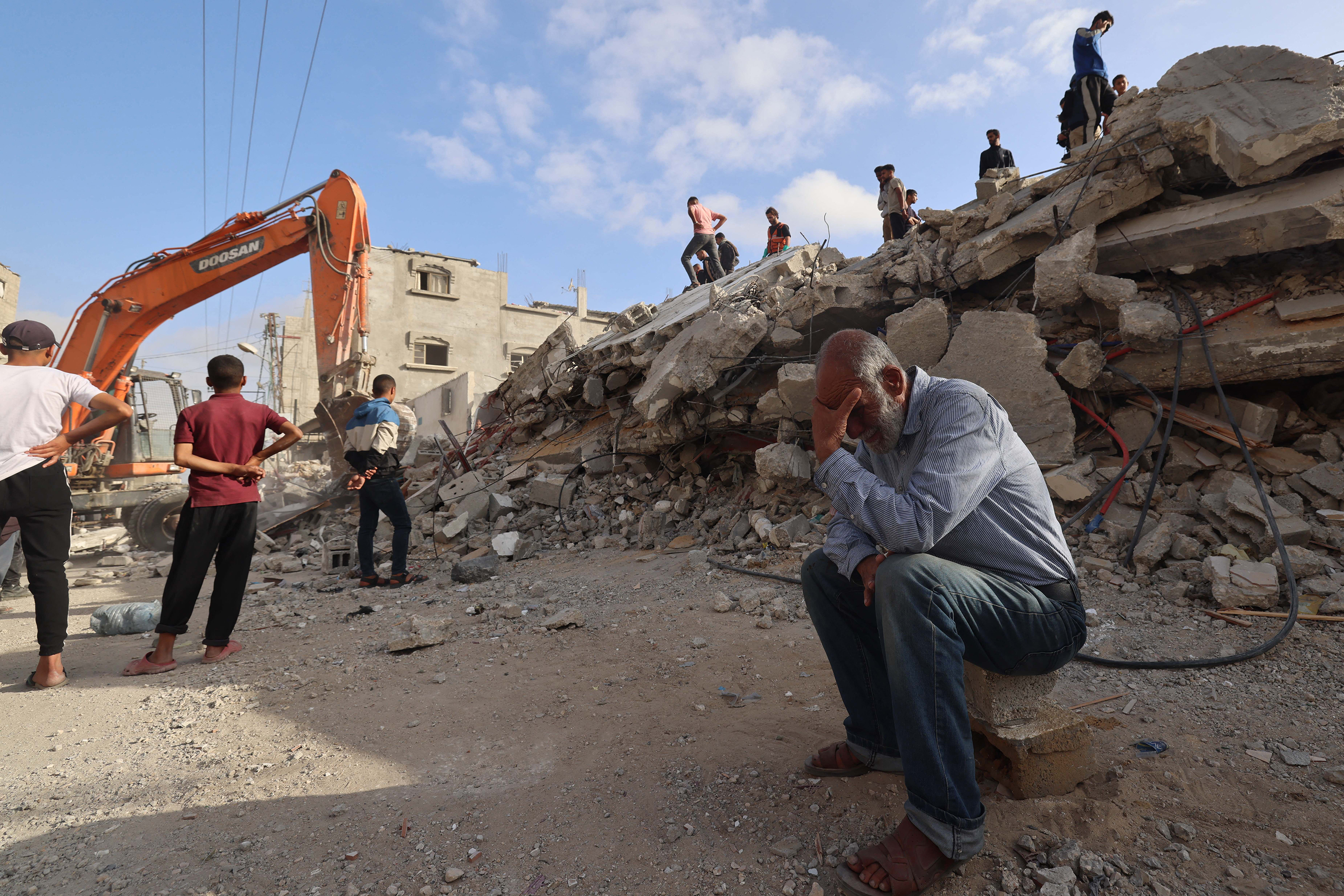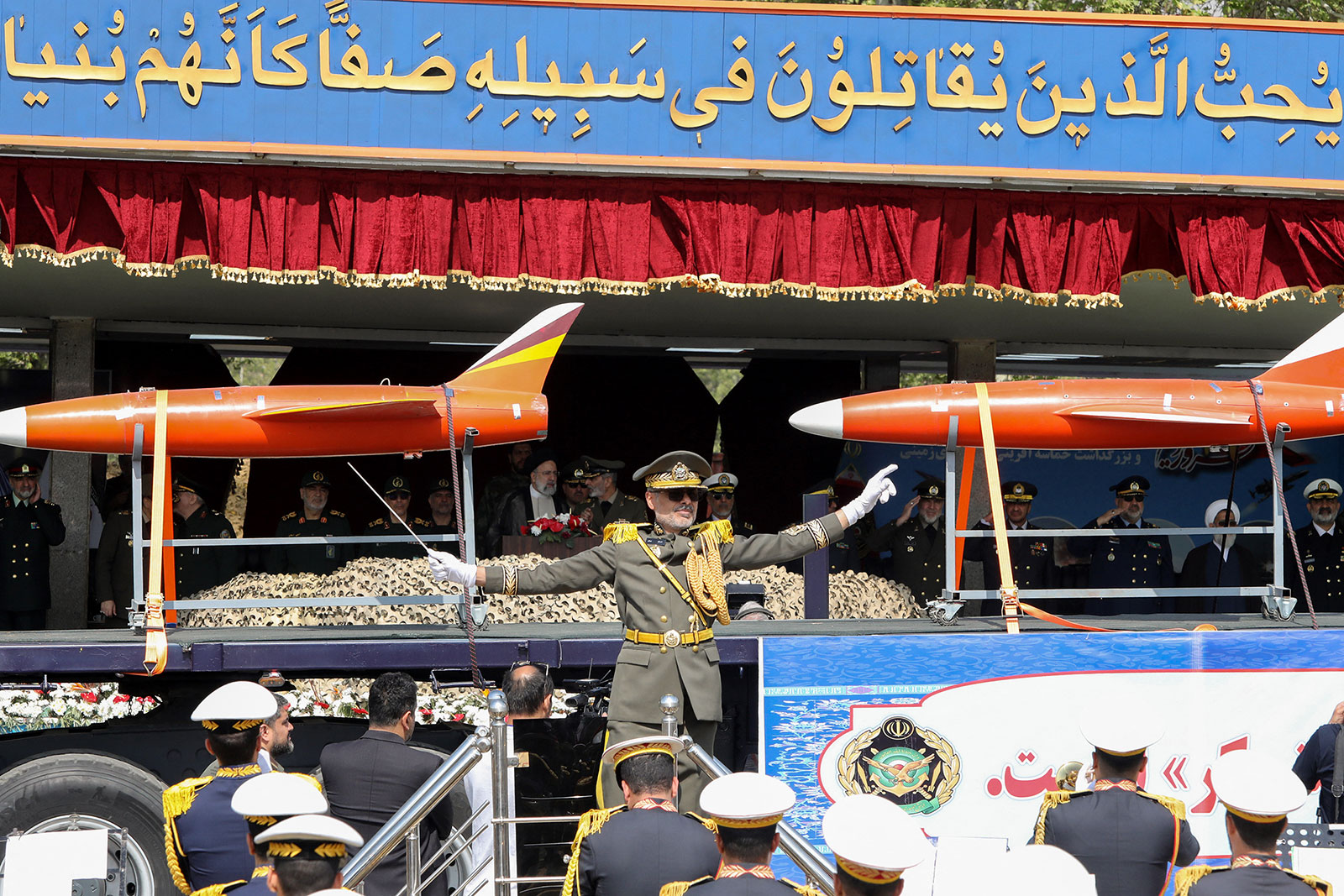
The US State Department’s annual report on human rights raises sharp concerns about the conflict between Hamas and Israel in Gaza, citing allegations of war crimes.
The report noted that “human rights groups reported extensive and in many cases unprecedented conflict-related abuses and alleged the commission of war crimes by Israel, Hamas, Palestinian Islamic Jihad (PIJ), and other Palestinian militant groups.”
Those abuses include the killings, torture, abductions and sexual violence carried out by Hamas, PIJ and others on October 7, according to the report, which covers the year 2023.
They also include “reports of systemic torture and cruel, inhuman, and degrading treatment or punishment of Palestinian detainees in prison facilities after October 7” and the forced disappearance of thousands of Palestinians from Gaza.
While the report does not represent the US government’s own conclusions, Secretary of State Antony Blinken said in remarks Monday that “we have processes within the department that are looking at that incidents that have been raised.”
“Those processes are ongoing,” he said. “It's important that we take the time to do our best to get the facts, to get the information, to do the analysis. It's very challenging to do this in real time.”







